detail profile alfred balthoff
Peran Yang Di Mainkan Alfred Balthoff
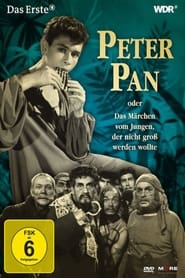 Peter Pan is an adolescent boy...
Peter Pan is an adolescent boy...Peter Pan 1962
Peter Pan is an adolescent boy who has escaped from his parents to the dreamland of Nowhere. Peter is determined to remain a little boy forever; because the adult world does not please him at all. Together with the fairy Tinkerbell, Peter Pan lures the girl Wendy and her two brothers John and Michael to Nowhere, where Peter teaches them to fly. They join forces with the Indians, led by the beautiful Tigerlilly, to fight together against the evil Captain Jack Haken and his wild pirates.
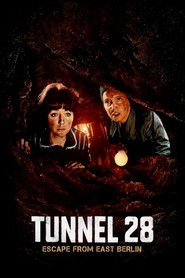 East Berlin shortly after the construction...
East Berlin shortly after the construction...Escape from East Berlin 1962
East Berlin, shortly after the construction of the Berlin Wall. Kurt Schröder and his family dig a tunnel to escape to West Berlin as they struggle to overcome the obstacles blocking their underground path to freedom.
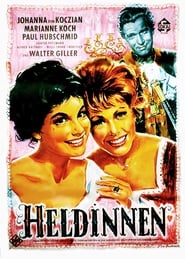 A music comedy directed by Dietrich...
A music comedy directed by Dietrich...Heldinnen 1960
A music comedy directed by Dietrich Haugk based on the play by Gotthold Ephraim Lessing.
 The film focuses on life in...
The film focuses on life in...Punishment Battalion 1960
The film focuses on life in a World War II German penal battalion camp somewhere in Russia. The convicts include a heroic doctor unjustly convicted of avoiding military service, an officer who retreated against orders, and common criminals. It shows their life in the camp, clearing mines, living in trenches on the front line.
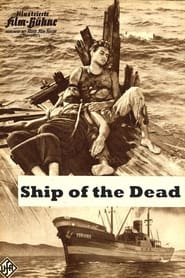 After a line of mischief Philip...
After a line of mischief Philip...Ship of the Dead 1959
After a line of mischief Philip Gale, an American sailor, is lured into hiring on the "Yorikke", a tramp cargo, by Lawski, a stoker from Poland. Still, the two become friends within the motley crew of losers from all nations. Gale and his new companion soon are more than disillusioned: the "Yorikke" is far from seaworthy and more of a coffin than a ship, work is close to slavery, and treatment by the officers and their subalterns is harsh and cynical. One day they make an alarming discovery in a tin of plum butter they have procured from the ship's cargo... Written by Anonymous
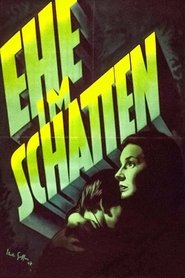 Set during the rise of the...
Set during the rise of the...Marriage in the Shadows 1947
Set during the rise of the Nazi regime, Elisabeth Maurer and Hans Wieland enjoy successful careers as actors in Berlin. Confident in her career, Elisabeth, who is Jewish, ignores the advice of a colleague to leave Germany in the face of increasing anti-Semitism. Believing that he can protect her if she becomes his wife, Hans convinces Elisabeth to marry him. In the following years, as Hans's career thrives, Elisabeth awaits the end of the Nazi terror which bars her from public life. When the situation worsens in 1938 with the Kristallnacht pogrom, Elisabeth decides to leave the country, but Hans, who still believes he can protect her, convinces her to stay with him.
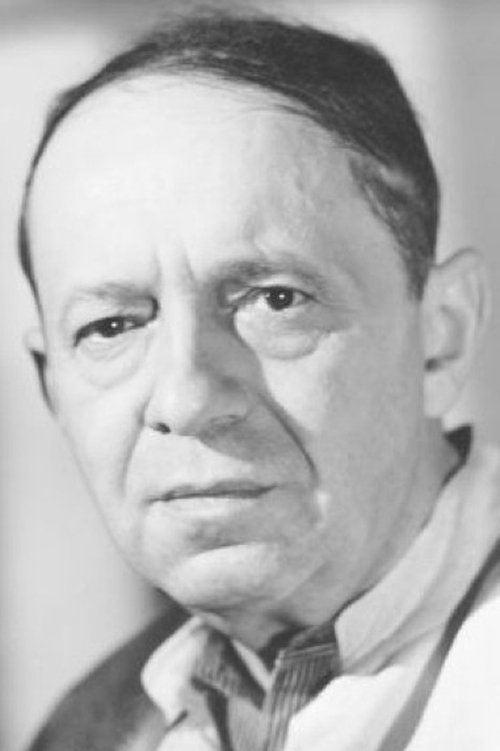
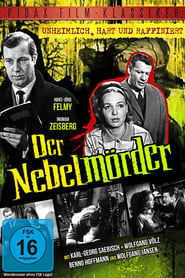 The Foggy Night Murderer
The Foggy Night Murderer
 Doris Putzke is fond of dating...
Doris Putzke is fond of dating...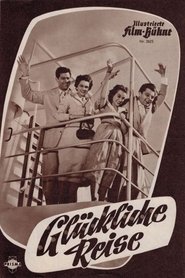
 While an anatomy seminar prepares to...
While an anatomy seminar prepares to...